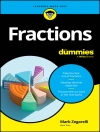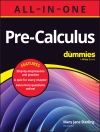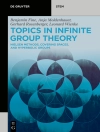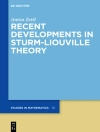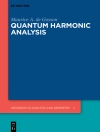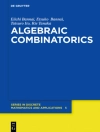This book looks at classic puzzles from the perspective of their structures and what they tell us about the brain. It uses the work on the neuroscience of mathematics from Dehaene, Butterworth, Lakoff, Núñez, and many others as a lens to understand the ways in which puzzles reflect imaginative processes blended with rational ones. The book is not about recreational or puzzle-based mathematics in and of itself but rather about what the classic puzzles tell us about the mathematical imagination and its impact on the discipline. It delves into the history of classic math puzzles, deconstructing their
raison d’être and describing their psychological features, so that their nature can be fleshed out in order to help understand the mathematical mind.
This volume is the first monographic treatment of the psychological nature of puzzles in mathematics. With its user-friendly technical level of discussion, it is of interest to both general readers and those who engage in the disciplines of mathematics, psychology, neuroscience, and/or anthropology. It is also ideal as a textbook source for courses in recreational mathematics, or as reference material in introductory college math courses.
İçerik tablosu
1. Puzzles and Mathematics.- 2. An Archetype Theory of Puzzles.- 3. Puzzles and Discovery.- 4. Puzzles and Spatial Reasoning.- 5. The Mathematical Mind.- References.- Index.


